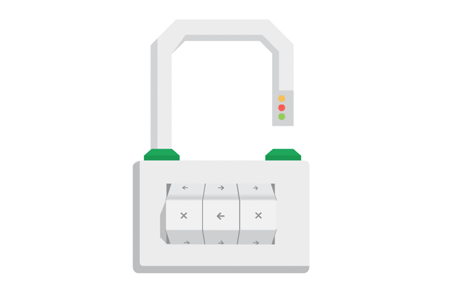The moment all this sunk in (see part 1), I felt a keen sense of desperation and finality. As someone who works in technology and is considered an expert by many – I felt a distinct sense of shame. How could I have let this happen? How could I have let them fool me? Coupled with my already careful nature, I’ve bought and sold online for more than a decade. It shouldn’t have happened. After allowing that feeling to marinate, I set out to investigate. I had to learn more and maybe catch these culprits.
Can you spot a fake? This week I learned the hard way how difficult this is. Using Kijiji – an online marketplace considered a ‘grey market’ for new and used physical items – I bought a brand new Apple Watch Series 6. This Watch was posted as new and sealed in the box for $450.00, a price I haggled down to $420.00. The practice of selling close Apple Watches is common, but the work made to present this product as new and legitimate is unique. I investigated this phenomenon while ending up with two excellent duplicates, $420.00 poorer and in a confrontation with a scammer.
HTTPS and TLS support for all websites is a worthy goal, but this push is also breaking the web. More than anything, people that shouldn’t ignore this seem to have blinders on.
For the vast majority of us, the COVID-19 virus has become a daily, integrated part of what we do: Leave the house with a mask on, enter the supermarket with a mask on, go out only to do things that are “essential.” We’re inundated with messages about how serious the virus is, and how we need to protect ourselves. There are, or of course, idiots that keep tempting the government to enforce more while placing us at risk, but they’ll go away when we get this stupid virus under control.
Hello reader. You might have noticed some changes. After more than eight years, I’ve decided to change this site’s theme. The site will be using a slightly modified version of the Engitech theme. In time, I’ll dig deeper and change this that feels appropriate to my use. The base theme was good enough to start with (and I love the maintenance mode options), so I bought it. Pay for the stuff you like!
You might remember the recent sunsetting of Google’s URL shortener. This was something I took notice of because it meant that the url.cwl.cc service (based on their link shortener) was going to be shut down. Right? To be fair, I took notice, but also didn’t do much at the time. March 30, 2019, came and went and I could still use the service. 2020 arrived, and the service was still functioning. Now, more than a year and a half past the end, I can still create short links. This is perhaps the biggest oddity I have ever seen from Google.
Hate for the book-tracking, Amazon-owned Goodreads is near-universal. Since Amazon purchased the tool on March 28, 2013, Goodreads has languished in a kind of purgatory that would have doubled over any Google moonshots (Google loves to shut down stuff). For all its pains, Goodreads is so frustrating because it has value. Any attempt to improve our experience as book readers has to transfer over this value to be a worthy replacement, but none have come along. Let me get into this a bit more though.
Fibs, half-truths, lies and the liars that tell them. There’s now a clear sense in this 2020 U.S. election season that our reality is being shaped by those who craft false stories – what’s left is equally false outrage and more lies. I can’t really point to the moment all of this started, but technology […]
Imagine being lured into a website with promises of golden shores, beautiful sunsets and wonderful coastlines. There are convenient flights and an ultra-smooth booking process. But, the people running this site know they’re getting your cash and once they have it, you’ll never get it back.
I’ve moved back to Windows from MacOS. As a decade-long Macbook user, this huge shift (for me) deserves some explaining. In my business, many look to me for understanding about what to use, and quite literally the computer I use every day influences other’s choices, reactions and ultimately purchase decisions.











